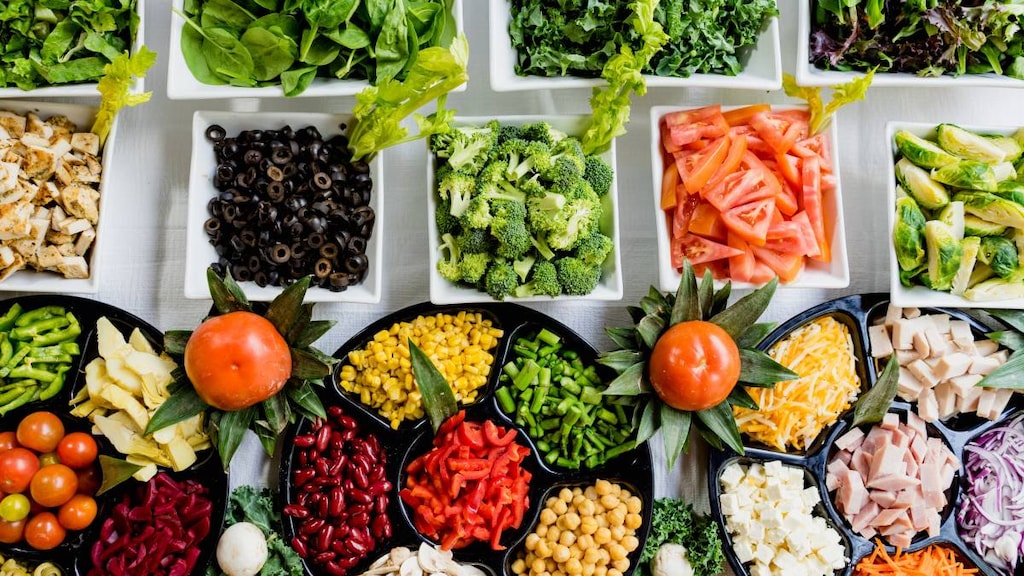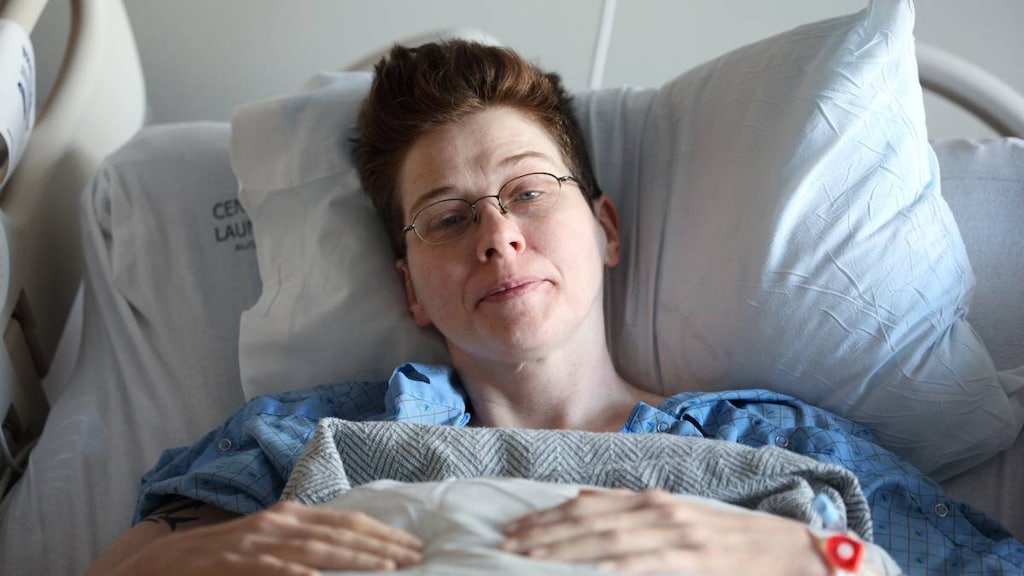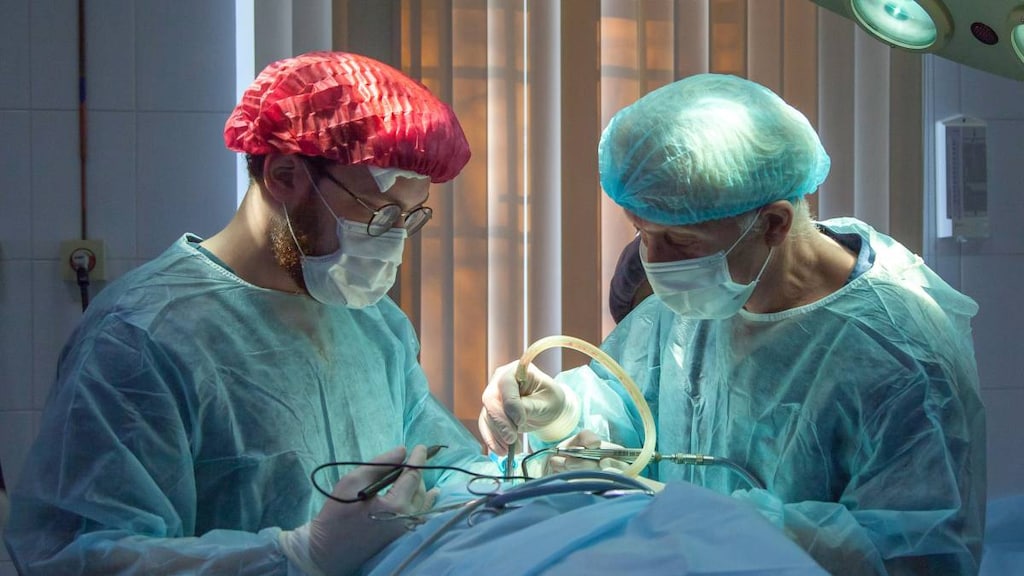Crohn’s Diet: Best Foods to Eat and What Foods to Avoid

When diagnosed with Crohn’s disease, an essential part of your treatment plan will include adjusting and managing your diet. That's because what you eat can cause your Crohn’s symptoms to worsen, making it important to learn which foods may trigger a flare-up. Because Crohn’s affects each person differently, your doctor or nutritionist will work with you to help develop an individualized treatment plan.
What is Crohn’s disease?
Crohn’s disease affects approximately 780,000 people in the United States, according to the Crohn’s and Colitis Foundation of America. It is a type of inflammatory bowel disease (IBD) that causes inflammation and irritation of the gastrointestinal tract and is most commonly found in the large intestine (the colon) or the last segment of the small intestine. However, there are cases of Crohn’s that can also affect the body anywhere from the mouth to the anus. Symptoms can vary from mild to severe and may even lead to life-threatening complications.
The best diet for Crohn’s disease
There's not a specific Crohn’s disease diet. However, there are foods and drinks that you can incorporate into your diet that will be easier on your digestive system and are recommended during a flare-up.
Examples of these foods, according to Crohn's disease experts, include:
- Lean meats such as chicken and turkey
- Fish such as salmon, tuna and trout
- Fruits such as watermelon, bananas, peaches, mango and cantaloupe
- Oatmeal and low-fiber cereal
- White bread and crackers
- White rice
- Pasta
- Vegetable soups
- Eggs
- Avocado
- Low-fat yogurt
- Green tea
- Almond milk
Foods to avoid that may cause flare-ups
There's no scientific proof that food can actually cause Crohn’s disease. However, health experts know that certain foods and drinks may aggravate or worsen the symptoms.
In general, limiting high-fiber foods and dairy (especially if you're lactose intolerant) and switching to low-fat foods may help. Other suggested foods to avoid include:
- Red meat or pork
- Raw vegetables
- Whole-grain foods
- Processed foods
- Spicy foods
- Salty foods
- Fried, greasy foods
- Processed foods
- Milk or soft cheese
- Foods high in fat, such as butter and margarine
- Foods high in sugar, such as fruit juices, cakes and candy
- Alcoholic drinks
- Caffeinated drinks
- Carbonated drinks
- Sugar alcohols that are often found in sugar-free gum
Foods to eat when in remission
It's possible to go into remission from Crohn’s disease — meaning the disease becomes inactive, and you experience no signs or symptoms. Remission can last from a few days to many years.
When in remission, your diet should still consist of a variety of proteins, whole foods and nutrient-rich fruits and vegetables. However, this is the time when you can begin to introduce more fiber into your diet or try something new. If you do add something new to your diet, it's recommended that you start slowly and document any reactions you may have to the food.
Additional helpful tips
When dealing with Crohn’s disease, you also may find it helpful to:
- Eat four to six small meals daily instead of three standard-sized meals
- Drink at least eight glasses of water daily to stay hydrated
- Grill, boil, bake or steam your vegetables when cooking
- Ask your doctor whether vitamin or mineral supplements would be helpful to combat any nutritional deficiencies that can develop because of Crohn's flare-ups
- Keep a food journal to note any symptoms experienced after eating certain foods
- Keep your stress levels to a minimum (if possible) as this may help decrease flare-ups
- Exercise, which should help your bowel movements stay regular, reduce stress and improve overall health.
- Avoid using a straw, which may cause you to swallow air, which can contribute to intestinal gas and discomfort.
A refresher on Crohn's disease
Symptoms
When Crohn’s is active, you may have symptoms ranging from mild to severe. The more common symptoms of Crohn’s disease are abdominal pain, bloating, diarrhea, cramping, fatigue, fever, a decrease in appetite and weight loss. More severe symptoms may include anemia, joint pain, skin changes, red eyes, blood in stool, mouth ulcers, eye redness and anal fissures.
Also, Crohn’s may cause your immune system to malfunction and attack healthy cells. This, in turn, will cause inflammation, which will aggravate your Crohn’s symptoms.
Cause
There's no specific known cause of Crohn’s disease. However, various factors appear to contribute to the development of Crohn’s. For instance, you have a greater chance of developing Crohn’s disease if other close family members, such as a parent or a sibling, have this disease. Factors that can increase your risk for Crohn's include smoking, eating a high-fat diet and taking non-steroidal anti-inflammatory drugs (NSAIDs) such as ibuprofen and naproxen, which can lead to inflammation of the gastrointestinal tract.
Possible complications
Crohn’s can lead to a number of serious complications, including:
- Dehydration. Persistent diarrhea can cause the body to quickly loose fluids and electrolytes.
- Malnutrition. Intestinal inflammation can prevent the absorption of needed nutrients. Nausea and abdominal pain may be a factor as well, causing you to eat less.
- Intestinal blockage. The walls of the intestines may become thick and narrow due to Crohn’s, resulting in partial or complete blockage that prevents stool from passing through the intestines.
- Anal fissures. These small tears in the anus can cause pain and bleeding.
- Colon cancer. Having Crohn’s raises your risk for colon cancer.
- Diagnosis: Your doctor will typically order a number of tests to confirm a Crohn’s diagnosis. These may include blood tests, stool sample analysis, diagnostic imaging exams and various procedures such as:
- A blood test to rule out anemia or infection.
- A stool sample to check for any blood that may be hidden in the stool.
- A CT or MRI to evaluate the bowel and other organs and tissues.
- A capsule endoscopy to survey your intestines. For this, you swallow a "capsule," which actually is a tiny camera that takes and records images as it travels through your intestines and leaves your body in a bowel movement.
- A colonoscopy to examine your colon. For this procedure, your doctor inserts a thin, flexible tube, with a tiny camera attached, into your colon for a close look at inflammation. If needed, biopsies of suspicious areas can be taken during the procedure as well.
Treatment
Though there's no cure for Crohn’s, there are treatments and therapies that should help relieve your symptoms. Besides paying close attention to what you eat and don't eat, your treatment may include medications (or a combination of medications) such as anti-inflammatory drugs and immune system suppressors, which will help decrease inflammation, and antibiotics that will help fight infection and promote healing.
If this doesn't provide sufficient relief from Crohn's symptoms, surgery may be recommended to remove the damaged area of intestine. According to Mayo Clinic, nearly half of people diagnosed with Crohn’s disease will require at least one surgery.
Overall, remember that it's important to understand what triggers your specific Crohn’s symptoms. Managing your diet, following your treatment plan and adjusting your lifestyle will not only provide relief, but may also help lead to remission.
Article references
- Crohn’s and Colitis Foundation, "Facts About Inflammatory Bowel Diseases" https://www.crohnscolitisfoundation.org/sites/default/files/2019-02/Updated%20IBD%20Factbook.pdf
- Mayo Clinic, Crohn’s Disease. https://wwwmayoclinic.org/diseases-conditions/crohns-disease/diagnosis-treatment/drc-20353309
- Crohn's and Colitis Foundation, "What Should I Eat?" https://www.crohnscolitisfoundation.org/diet-and-nutrition/what-should-i-eat




